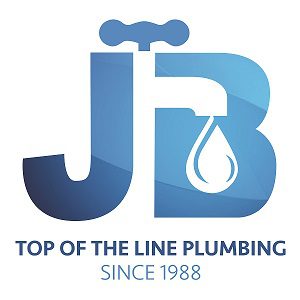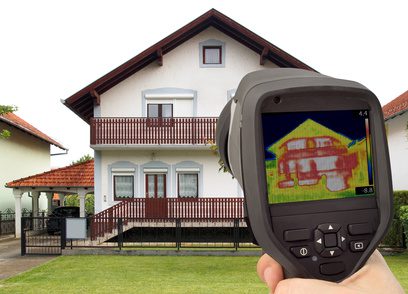Leak Detection
What to expect
- The process of finding a leak under the concrete is called leak detection.
- This is done with very sophisticated and sensitive equipment.
- The first step in the process is to take decibel readings throughout the house. This will help your leak detection expert identify which pipe is leaking.
- After taking readings, we will use another piece of equipment to locate and trace he actual pipe that is leaking. Once this is done, we can pinpoint the actual leak.
- Finally the plumber will explain the findings of the leak detection and the recommended repair.
There are several options for the actual repair. The first is to break up a small hole in the concrete in order to reach the pipe. Once the pipe is exposed, we cut out the leaking section of the pipe. Then, we install a new section of pipe. The next option is to abandon the leaking pipe and reroute a new pipe above the ground. The last option is a complete copper re-pipe.


